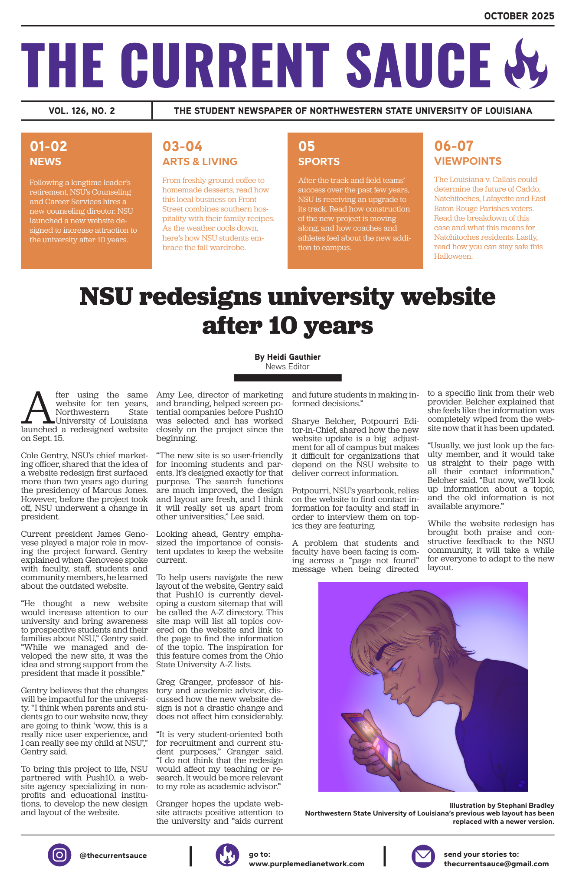According to the American Red Cross, someone in the United States requires blood every two seconds. While 38 percent of the population are able to donate blood, only about 10 percent choose to do so.
Yet there is one group that is still unable to donate blood on a regular basis: males who have sex with males, also known as MSM.
In 2015, the Food and Drug Administration changed eligibility requirements for blood donation. Prior to the change, they were unable to donate blood at all; now, MSM can donate blood after 12 months without having sexual contact with another male.
The previous policy created in the 1980s during the AIDS epidemic discriminated against this group of individuals – and others – based considerably on fear and the spread of incorrect information about AIDS transmission.
While the FDA has conducted new research and changed this policy, it seems unfair that MSM cannot donate blood unless they have not had sexual contact in over a year. If proof of a clean bill of health can be provided, as in absence of STIs and HIV/AIDS, shouldn’t they be allowed to donate?
Consider this.
In June 2016, 49 lives were lost and 58 others injured during the Pulse night club shooting in Orlando. People turned up to donate blood in the wake of tragedy, but MSM were turned away, asked to make a monetary contribution or volunteer their time rather than give blood.
It must be mentally taxing and frustrating to not be able to donate blood to people you know or identify with due to your sexual orientation, especially in situations of discrimination and homophobia.
This is not to say the FDA or Red Cross is necessarily homophobic; the very decision to lift the lifetime ban for MSM and continue to conduct scientific research shows they have taken steps to correct past decisions. In fact, the Red Cross recognizes the LGBTQ+ community and provides information for several sexual orientations and gender identities.
However, Li Zhou and R.T. Winston Berkman of Columbia University School of International and Public Affairs and New York University, respectively, point out that before the FDA’s eligibility requirements were changed in 2015, MSM were placed on par with intravenous drug users.
In their study published by Columbia Medical Review in June 2015, the two also point out the problematic nature of the MSM ban in statements such as the following:
“MSM who practice safe sex in consensual and monogamous relationships are considered as high risk… while heterosexual donors who engage in unprotected sex with multiple partners are not.”
Stigma surrounding gay sexual encounters in any capacity should be recognized, and if there are any regulations predicated on such stereotypes and misconceptions, they must be removed. Otherwise, discriminatory policies and stigmas will remain.
When it is common to identify yourself as a blood or organ donor on your driver’s license, and many potential donors are disqualified due to a problematic regulation, there must be something done about it.





























